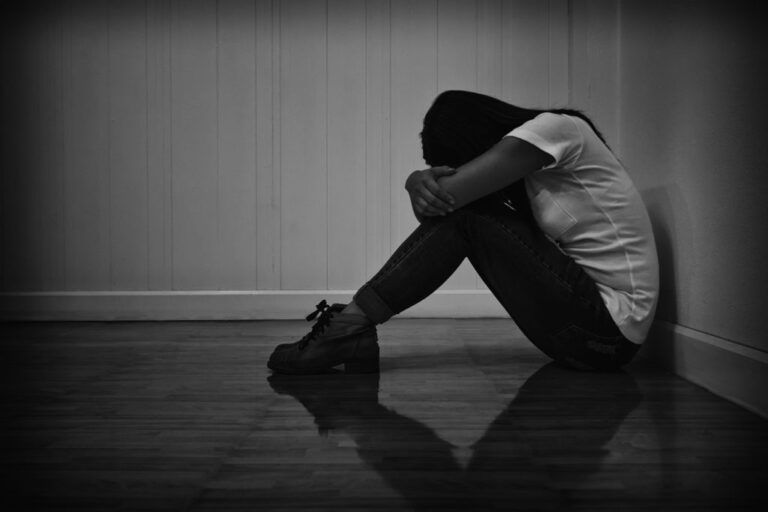Thinking about going to therapy, but not sure how to find the right therapist?
Comparative Suffering

What is it?
Comparative suffering is when a person compares their pain with the pain of someone else.
What happens?
Comparative suffering could go in one of two directions:
- A person notices their pain or struggle then thinks about how it’s not as bad as someone else who is going through a more difficult situation, which can lead to avoidance of their own experience or feelings of guilt.
- A person notices that their pain or struggle is worse than others, including how they’re going through a more difficult situation than others, which can lead the individual to feel bad about themself.
Why does it matter?
Either of the two scenarios above could be harmful and pose challenges; for example:
- It minimizes your own experience and feelings
- It can lead you to feel stuck
- It can hinder problem solving
- It can lead to negative thoughts and feelings toward others, and in some cases, resentment
Consider
- Your experience is unique: Even if similarities exist between you and someone else, there could be factors that are unique to you and your experience. This means that it makes sense why you might be impacted differently. Validating your own experience and being kind to yourself can assist with healing.
- There is no “one size fits all” when it comes to pain: Everyone can experience or show it differently. Your mind and body are sending you an alert that you are affected by something.
- Draw upon resources: What are options or resources that could be helpful with this pain or difficult challenge? What steps could you take to work through this pain?
- Therapy can help: Through therapy, you can heal from your pain, learn strategies to use when the pain shows up, and work towards living a life that is fulfilling and meaningful for you.
Don’t wait to get the help you need. If you would like to take the next step towards finding a therapist, contact Ethera to get matched with a provider.
About the Author: Robyn Tamanaha is a Licensed Marriage & Family Therapist, writer, and podcaster. She has a private practice in Irvine, CA and is the creator and host of the podcast Books Between Sessions.